Plastic overshoot day report 2024
Plastic Overshoot Day marks the point when the amount of plastic waste generated exceeds the world’s capacity to manage it, resulting in environmental pollution. In 2024, the global Plastic Overshoot Day
Plastic Overshoot Day marks the point when the amount of plastic waste generated exceeds the world’s capacity to manage it, resulting in environmental pollution. In 2024, the global Plastic Overshoot Day
Only about half the R1.8-billion raised by the plastic supermarket bag levy since it was introduced 14 years ago has been officially allocated to recycling. This despite the fact that the levy was originally
Mr Kofi Amponsah-Bediako, Public Affairs Director of the Ghana Standards Authority (GSA) has said bottled water companies passed for safety and quality assurance certification by his outfit is considered
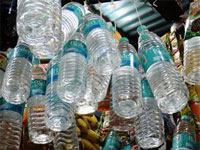
Bisleri, Aquafina, Dasani, Evian and Aqua, Nestle Pure Life and Pellegrino were named in the study The Bureau of Indian Standards (BIS) will work with the Food Safety and Standards Authority of India
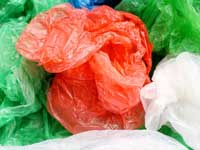
All the small and medium-scale industries and big industries which are involved in plastic businesses would be provided an adequate time frame to switch over to alternative modes of businesses. The
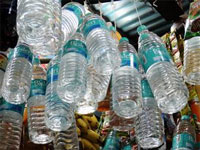
MUMBAI: A study by scientists from the State University of New York has found that more than 90% of bottled water worldwide, including India, contains tiny pieces of plastic. The researchers tested

Amritsar: From April 1, the Golden Temple will replace the use of plastic carry bags with compostable ones to make its contribution to environment protection. Punjab Pollution Control Board (PPCB) chairman
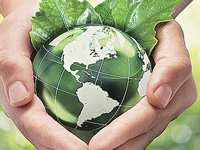
WWF and the World Organization of the Scout Movement (WOSM) are deepening their collaboration to drive global awareness and action on nature and the environment, in recognition of the enormous challenges
The World Health Organisation (WHO) has announced a review into the potential risks of plastic in drinking water after a new analysis of some of the world’s most popular bottled water brands found that
Researchers from The University of Manchester are calling for tighter regulations on waste flowing into urban waterways, after the first study of its kind found that microplastics from urban river channels
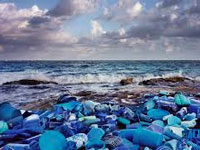
A new study of the faeces of captive seals has shown that microplastics can travel high up the food chain and affect even the large predators of the oceans. Microplastics are ingested directly by the